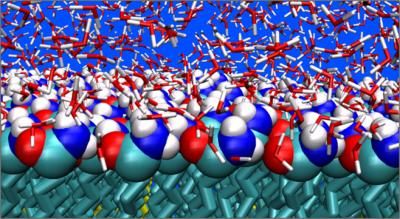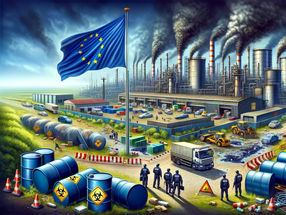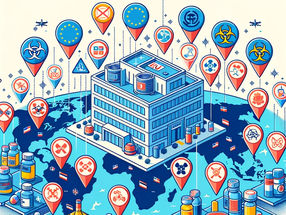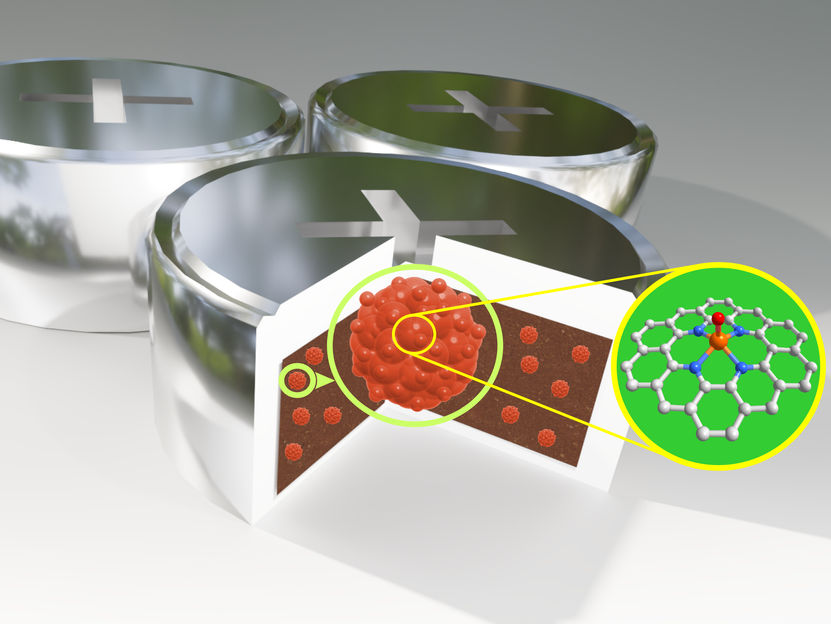Worlwide lead-free certification for electronics launched by IECQ
Advertisement
With legislation in the US on hazardous substances, including lead, in electronics already in place, and similar laws set to take effect in China and Europe shortly, how can electrical and electronic manufacturers be sure that their products meet the new limits being set?
A new specification adopted by IECQ, the IEC's Quality Assessment System for Electronic Components, specifies the technical requirements that manufacturers must meet to ensure that their products conform to the new limits. As a result, IECQ is now able to offer a global certification solution for the world's electronics industry to prove compliance with the new environmental regulations regarding lead and other hazardous substances.
The 'Hazardous Substance Free' or 'HSF' Specification developed by the Electronic Component Certification Board (ECCB, the IECQ's US member), and ECA (the Electronic Component Sector of the Electronic Industries Alliance (EIA)) is entitled 'Electrical and Electronic Components and Products Hazardous Substance Free Standard and Requirements' (EIA/ECCB-954).
HSF Certification to the EIA/ECCB-954 standard does not take the form of subjecting the electronics industry to thousands of new tests, but rather offers a systems' approach that will give companies the means to prove compliance with the new legislation.
In Europe, the RoHS Directive will oblige European Union member states and those countries exporting goods to the EU, to produce electrical and electronic equipment (including components) that do not contain the following 'hazardous' materials: lead, mercury, cadmium, hexavalent chromium, polybrominated biphenyls (PBB) or polybrominated diphenyl ethers (PBDE). In the US , California has enacted the Electronic Waste Recycling Act of 2003. To reward and reinforce companies' compliance with the new Act's requirements, the State has also created the Governor's Environmental & Economic Leadership Awards (GEELA). A network of State agencies was instituted to manage the deployment of and compliance to the Act's requirements. In China, the Ministry of Information Industry is drafting a proposal to ban certain chemical substances from electronic products.
Most read news
Other news from the department politics & laws

Get the chemical industry in your inbox
By submitting this form you agree that LUMITOS AG will send you the newsletter(s) selected above by email. Your data will not be passed on to third parties. Your data will be stored and processed in accordance with our data protection regulations. LUMITOS may contact you by email for the purpose of advertising or market and opinion surveys. You can revoke your consent at any time without giving reasons to LUMITOS AG, Ernst-Augustin-Str. 2, 12489 Berlin, Germany or by e-mail at revoke@lumitos.com with effect for the future. In addition, each email contains a link to unsubscribe from the corresponding newsletter.

































































